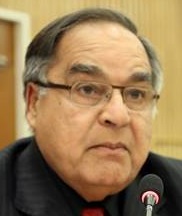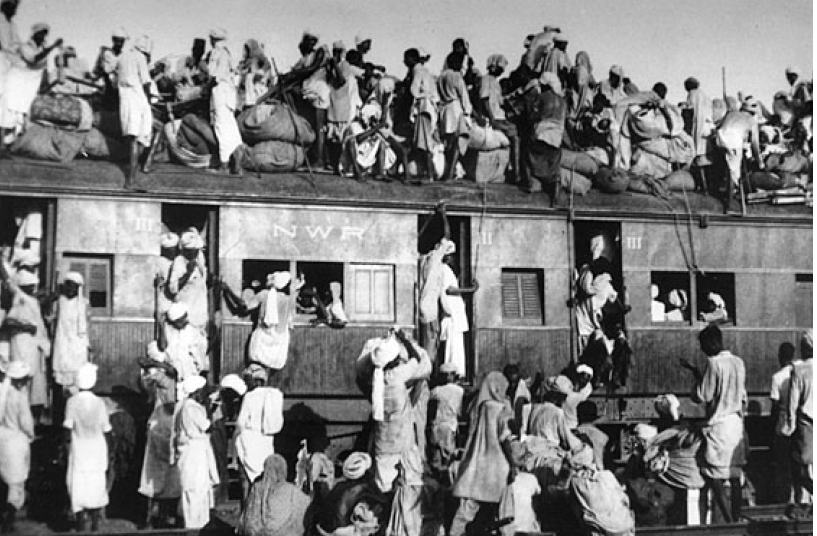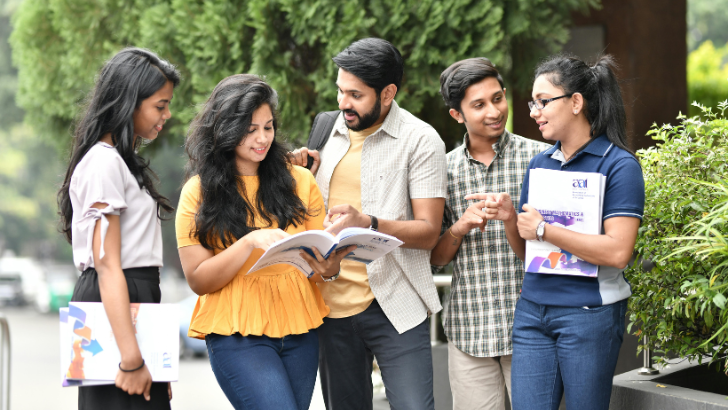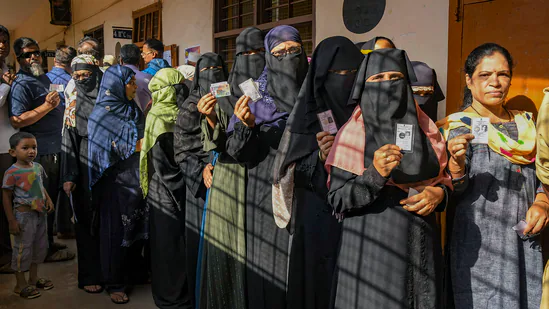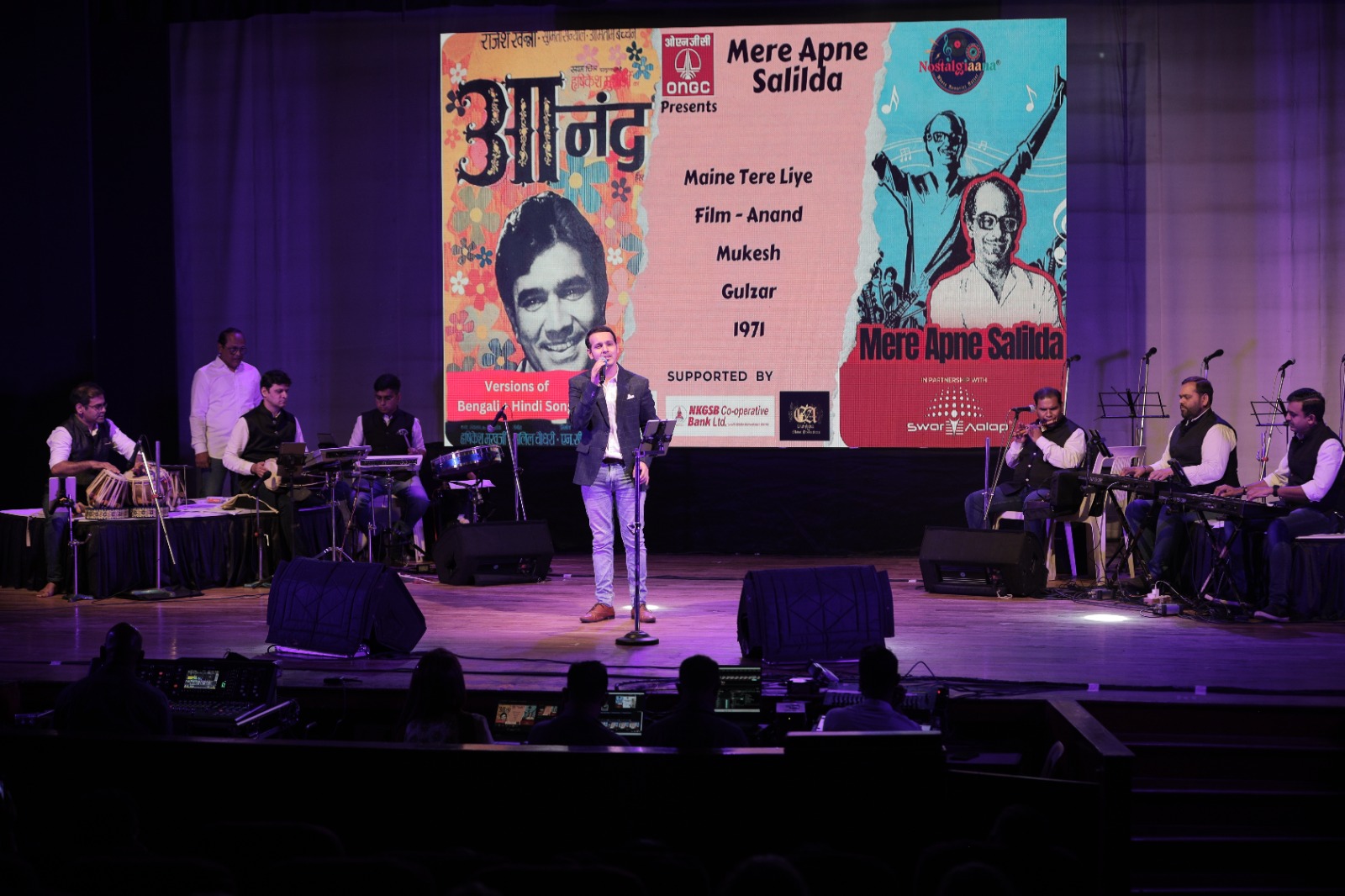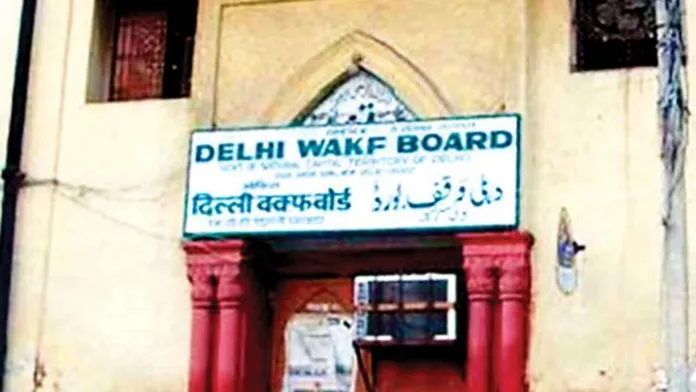Absence of effective Muslim leadership and its causes
The erosion of Muslim influence was exacerbated by the absence of cohesive leadership after the demise of prominent figures such as Maulana Ali Mian, Qari Tayyab Sahib, Dr Mehmood, Dr Faridi and Sheikh Abdullah
-
The partition of India on 15 August, 1947, not only divided the land but also led to a significant division within the Muslim community. PHOTO: WIKICOMMONS
Bengaluru, 8 May
The partition of
India on 15 August, 1947, not only divided the land but also led to a
significant division within the Muslim community. On 16 August, those Muslims
who chose to remain in India, driven by their devotion to Mahatma Gandhi,
admiration for Maulana Azad and trust in Jawaharlal Nehru's leadership,
suddenly found themselves relegated to second-class citizenship and branded as
criminals in their own country. They were unfairly blamed for the partition.
It's a tragic irony that the very efforts spanning a millennium to conceive the
idea of India were dashed in an instant. Despite the sacrifices made from 1857
to 1947, those who migrated to Pakistan leaving their compatriots faced an
uncertain future.
The political
landscape was fraught with tension during Independence. When India gained
independence, there were 12 states, 9 of which recommended Vallabhbhai Patel as
Prime Minister, while 3 suggested Kirpalani. None supported Nehru. Yet, Gandhi
intervened and appointed Nehru, citing his popularity and public appeal.
Patel and his
supporters felt sidelined by the decision. Patel assumed the role of managing
the states while Nehru took the helm as Prime Minister. Patel appointed chief
ministers for the states, but his disillusionment with the Muslim
community lingered. Meanwhile, Nehru continued to enjoy widespread support
among Muslims, as evidenced by Maulana Hufzur Rahman's unwavering faith in
Nehru when he boldly declared in Parliament that in times of trouble or
calamity, he would remain silent while Nehru would speak on his behalf.
Congress party,
however, faced internal challenges. Many members defected to RSS, with Patel
emerging as their leader. The ensuing riots, largely orchestrated by RSS
according to government commissions, further weakened Congress.
The progression of
events that led to the rise of BJP and
the marginalistion of Muslims is a complex tale of political
manoeuvring and shifting allegiances. It began with the JP movement, where RSS
found a platform to gain recognition. As Muslims rallied behind VP Singh's
government in opposition to Congress, BJP capitalised on the
opportunity to solidify its position nationally. In the pursuit of weakening
Congress, Muslims unwittingly bolstered the BJP's strength. The weakened
Congress gave rise to smaller familial parties, while Muslims found themselves
pushed to the fringes of political relevance.
The advent of
Narendra Modi in 2014 marked a significant turning point. His anti-incumbency
stance against Congress, promises of job creation, and vision for a "New
India" resonated with disillusioned voters, including the youth. Modi's
victory signalled a shift in the political landscape, wherein ruling the
country without Muslim representation became conceivable, contrary to the
belief held for decades.
Maulana Azad's
assertion that Hindus and Muslims are intertwined in the fabric of Indian
society was forgotten amid the growing perception of Muslims as a burden.
Political parties, including Congress and others, attempted to appease Hindu
sentiments by sidelining Muslims and adopting Hindu-centric agendas.
The erosion of
Muslim influence was exacerbated by the absence of cohesive leadership after
the demise of prominent figures such as Maulana Ali Mian, Qari Tayyab Sahib, Dr
Mehmood, Dr Faridi and Sheikh Abdullah. Organisations aimed at safeguarding
Muslim interests lost their efficacy over time, leaving Muslims feeling
marginalised and voiceless in their own land.
Despite these
challenges, the 2024 election presents a ray of hope. Muslims are realising the
importance of actively participating in the political process to safeguard
constitutional values. By aligning with parties committed to upholding the
Constitution, Muslims can reclaim their agency and contribute to the
re-liberation of India.
It falls upon
Muslim leadership to unite the community and chart a course of active
participation rather than passive submission. This election serves as an
opportunity for Muslims to assert their presence and ensure that their voices
are heard in shaping the nation's future.
The views
expressed by the writer are personal
Leave a Reply
Your email address will not be published. Required fields are marked *








